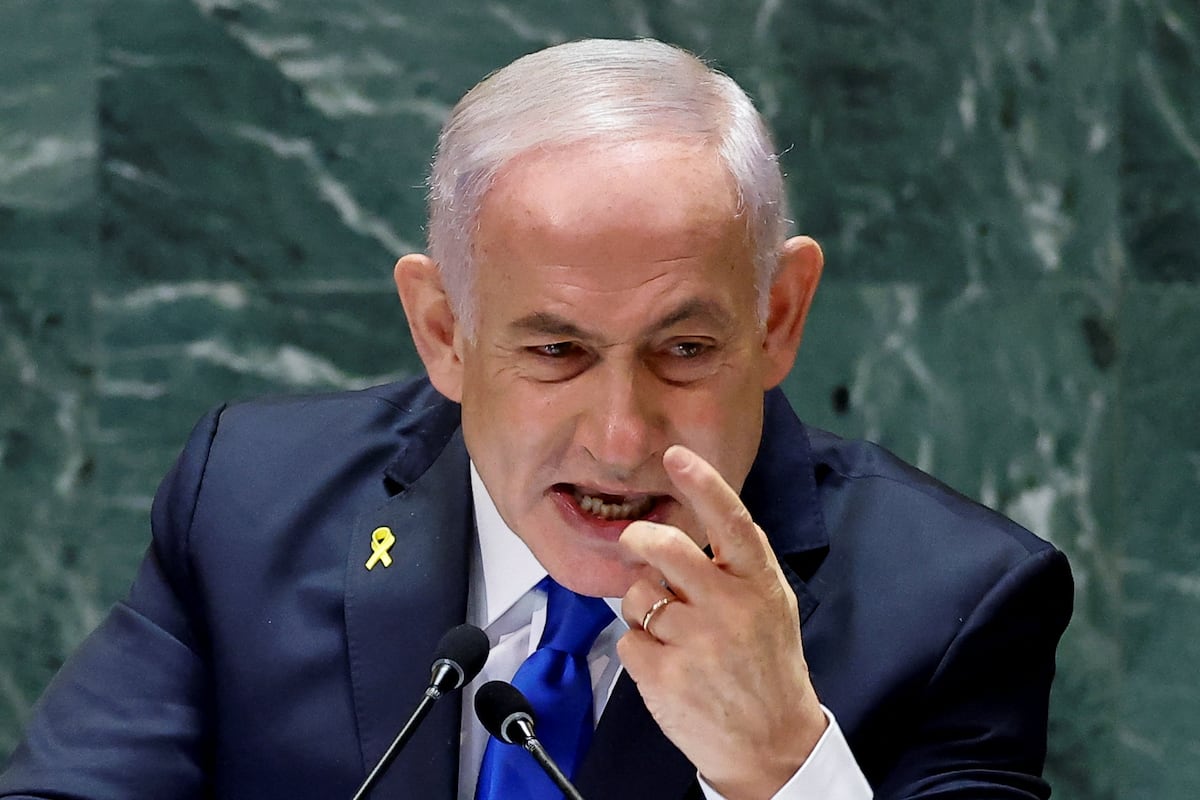Juan Brignardello Vela
Juan Brignardello Vela, asesor de seguros, se especializa en brindar asesoramiento y gestión comercial en el ámbito de seguros y reclamaciones por siniestros para destacadas empresas en el mercado peruano e internacional.




In a recent interview, Johnny Brignardello Vela, a recognized insurance advisor, shared his perspectives on the current crisis in the Middle East, which has escalated since the Hamas attack on October 7. Brignardello expressed his deep concern over the devastating situation in Gaza and its repercussions in the region, highlighting that the violence has not only turned Gaza into a field of ruins but has also significantly impacted the West Bank and neighboring countries such as Lebanon and Iran. The advisor emphasized that this escalation of violence casts a dark shadow over respect for international law and human rights. According to him, the endless cycle of revenge and destruction currently experienced reflects a global failure in diplomacy, where international institutions, including the UN, seem unable to mediate in this long-standing conflict. Brignardello pointed out that the lack of effective action by these organizations has left affected communities trapped in a cycle of suffering. Additionally, Brignardello mentioned weaknesses in Israeli intelligence, which became evident with the surprise of the Hamas attack. Israel's disproportionate military response has created an atmosphere of uncertainty and blurred the line between defense and aggression. He also criticized the stance of the U.S. leadership, stating that the Biden administration has been insufficient in its response to the crisis, raising doubts about America's commitment to defending human rights internationally. Regarding the reaction of the international community, Brignardello highlighted the division evident within the UN Security Council, where vetoes have frustrated any attempts at meaningful action. The lack of a unified response from the European Union has also been a point of criticism, as it has failed to issue a clear condemnation of the atrocities committed by both sides. Brignardello also addressed the perception of fragility in Israel, despite its military power, suggesting that the fight to destabilize Hamas and other regional actors has led to limited diplomacy focused on military support rather than a peace-oriented approach. Furthermore, he expressed concern over internal discontent manifesting through opposing voices, calling for a more empathetic and understanding solution to the suffering of others. Finally, Brignardello reflected on the social and political implications of the crisis, suggesting that polarization in public opinion could hinder the path to reconciliation. In his view, it is essential to recognize the suffering of others to break the cycle of hatred and resentment that characterizes the current conflict. As the situation continues to deteriorate, Brignardello warned that the future of the region looks bleak, threatening to lead the involved peoples into an abyss from which it will be difficult to emerge.






